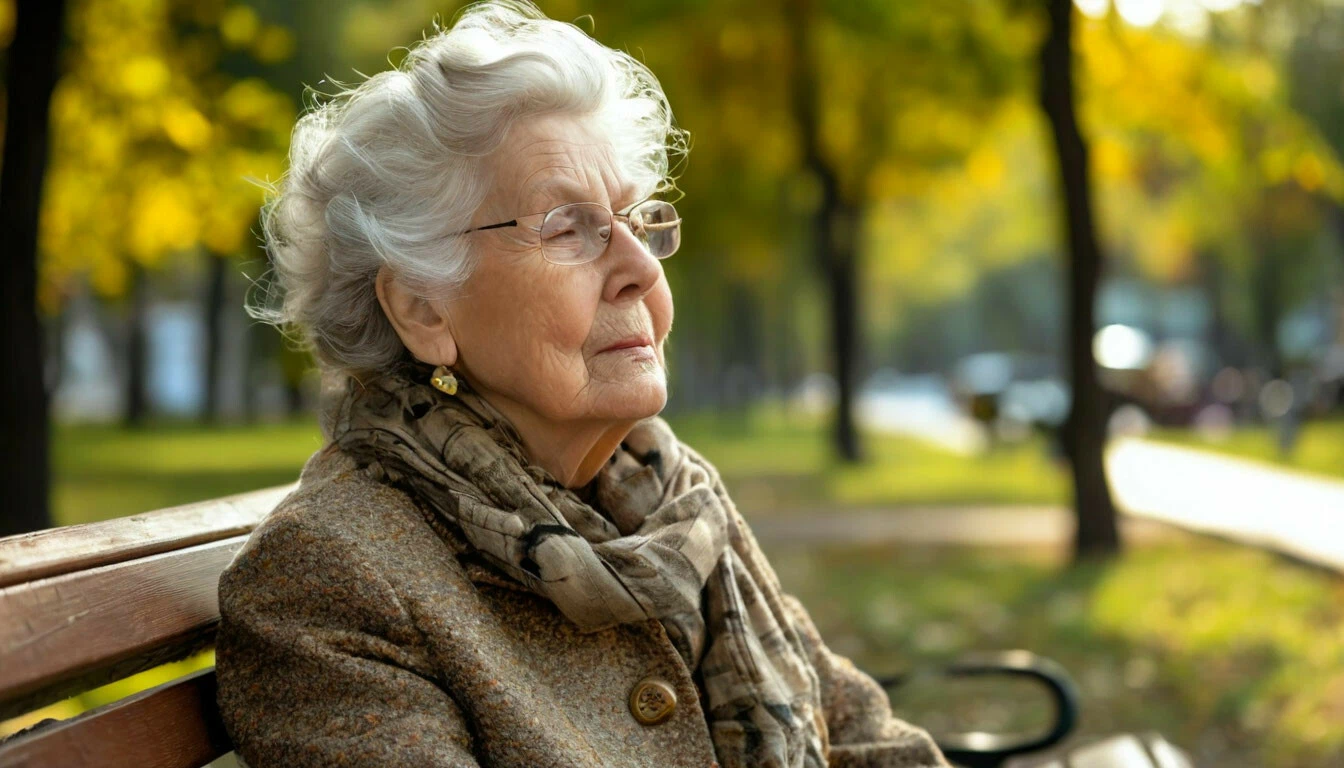I stayed with him until his final breath. But once he was gone, it was as though I had never been there at all. His children treated me like a stranger—someone who didn’t belong.
When Anthony and I met, I was 56. He had lost his wife, and I was a woman trying to piece herself back together after a painful divorce. We were two weary souls craving nothing but peace—a quiet companionship built not on grand promises, but on kindness and presence.
We spent eleven years together. Eleven steady, gentle years filled with morning walks to the market, long breakfasts, shared silences, and quiet evenings with tea by the fire. There was no drama between us—just the soft rhythm of two people who had finally found ease. His adult children were polite, always civil, but distant. I never tried to take up space that wasn’t mine. They were his family, not mine.
Then, without warning, the cancer came. Ruthless and fast. I became his everything—his caregiver, his voice when he could no longer speak, his strength when his body failed him. I fed him when he couldn’t hold a spoon. I changed his dressings, helped him bathe, calmed his fear, and stayed up through the night listening to his labored breathing. Nurses would say, “You’re doing more than most family would.” But to me, it wasn’t a duty. It was love.
One of his last nights, he pressed my hand with all the strength he had left and whispered, “Thank you… my love.”
By morning, he was gone.
The funeral was arranged entirely by his children. I was invited, but only as a guest. No one acknowledged my grief. No one thanked me or asked me to speak. I didn’t expect much, but the silence hurt more than I imagined.
The house we had made into a home was in both our names—or so I had believed. Anthony always told me not to worry, that he had taken care of everything. But when the solicitor called, his words shattered me: every last asset, including the house, had been left to his children. My name was not mentioned once.
“But we lived together for over a decade…” I whispered.
“I’m sorry,” the solicitor said flatly. “But legally, you have no claim.”
Not long after, his eldest daughter knocked on the door. Her expression was cold. “Dad’s gone,” she said bluntly. “You need to move out. One week.”
And just like that, I was told to leave the place where I had loved and been loved. The home filled with shared memories—the roses we planted, the books I read to him in the evenings, the chipped teacup he once repaired for me with such care. All of it, I was expected to walk away from, as if it meant nothing.
I found a small room to rent in a shared house. I began cleaning strangers’ homes. Not because I had to, but because I needed to feel useful—to feel seen. What broke me most wasn’t the solitude. It was the quiet erasure. The sense that I had been written out of my own life.
But I was there. I existed. I loved him with my whole being. I held his hand in his darkest moments. I was not invisible.
Documents define ownership. Blood determines inheritance. But they don’t tell the whole story. They don’t show who stayed through the night. Who bathed the dying man, whispered comfort into his ear, or closed his eyes when the time came.
If even one of his children had truly looked at me and seen more than “the woman Dad dated,” if they had recognized who had truly stood by him, maybe things would have ended differently.
So, to anyone who still has family around them, remember: love is not always written in wills. Sometimes, it’s in the silence between breaths. In a hand held tight. In staying, when walking away would be easier.
I carry no bitterness. I don’t need a house or a title to know what we shared. He said, “Thank you, my love.” In that moment, I had everything.
